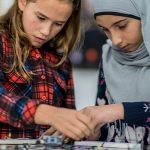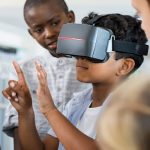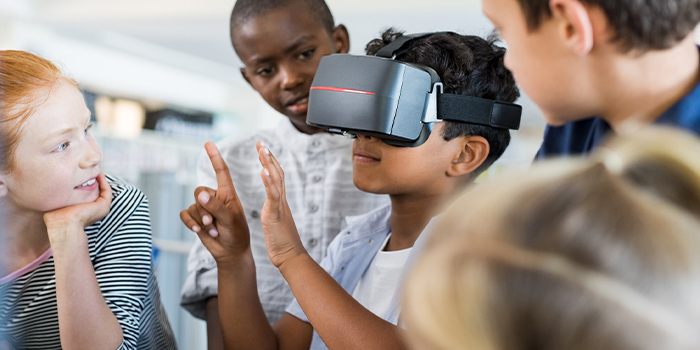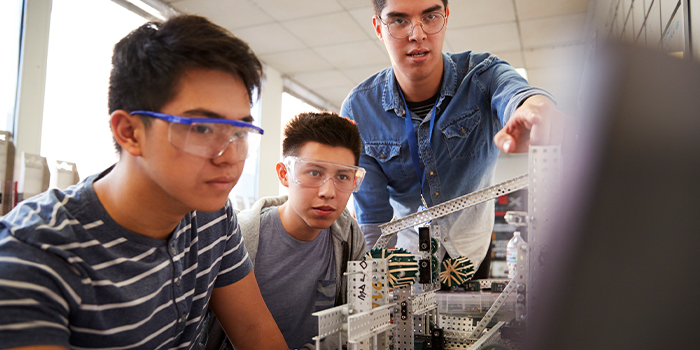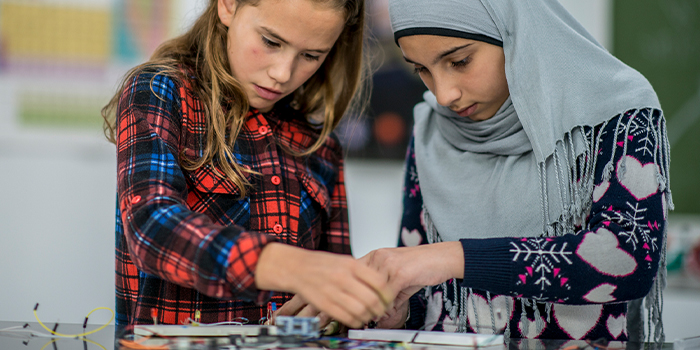
Barbara L. Stewart
Professor, Human Development and Consumer Science
University of Houston
bstewart@uh.edu
Carole Goodson
Professor, Technology
University of Houston
cgoodson@uh.edu
Susan L. Miertschin
Associate Professor, Teaching, Computer Information Systems
University of Houston
smiertsch@uh.edu
Susan L. Schroeder
Lecturer, Program Manager
University of Houston
SSchroeder@uh.edu
Misha Chakraborty
Adjunct Professor
University of Houston
Prairie View A&M University
Marcella Norwood
Associate Professor, Program Coordinator, Global Retailing M. S.
University of Houston
Abstract—Informal education approaches such as science camps have been used to promote interest in STEM fields for pre- college students. This paper presents the evaluation of outcomes of a computing outreach initiative targeting middle school aged girls from populations currently underrepresented in STEM. A fashion and retail themed code camp was offered free of charge through a grant from the Texas Workforce Commission and was assessed to be highly successful with respect to student and parent satisfaction. Assessment for changes in attitudes toward STEM and coding also showed positive changes. Read the full article here “Promoting STEM to Middle School Girls through Coding and Fashion”
